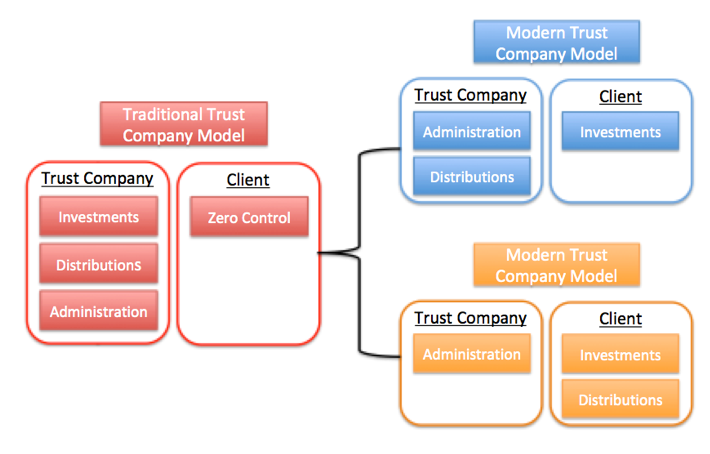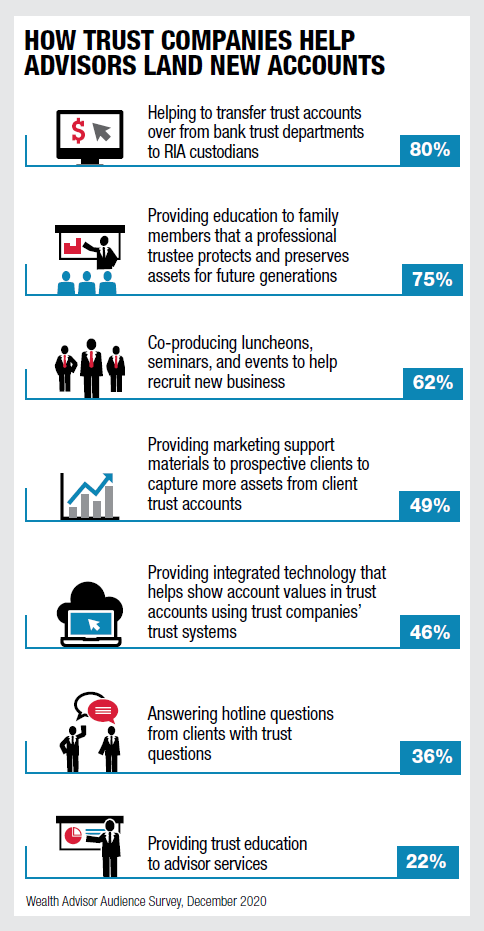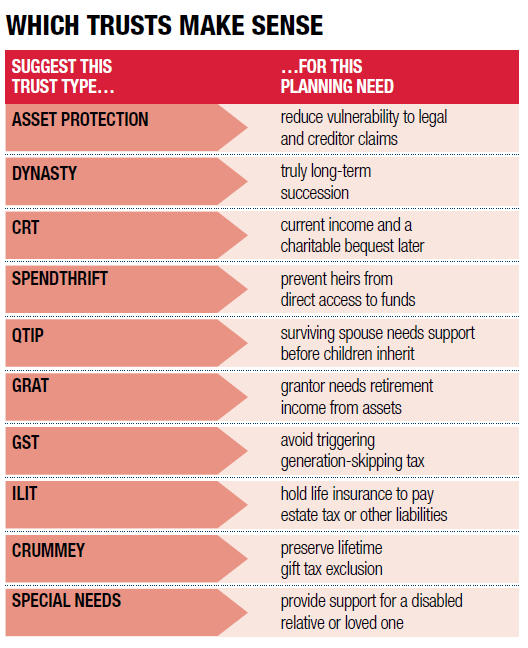Did California Ban NING Trusts?
What happened?
On July 10, 2023, California Governor Gavin Newsom closed an income tax strategy known as the Nevada incomplete gift non-grantor trust (NING). The law is retroactive to January 1, 2023, and California will now tax any income earned in a NING as if it were a grantor trust, subject to California state income tax. New York banned NING Trusts in 2014, and California has followed suit.
The NING strategy typically involved a California grantor transferring an asset or liquid investments to an incomplete gift non-grantor trust with a Nevada trustee. The transfer must be structured as an incomplete gift for estate tax purposes, and as a non-grantor trust for income tax purposes. These two fact patterns effectively shift the income tax liability to the trust, and since the NING is sitused in Nevada with a Nevada trustee (assuming no other nexus to California) the NING was used to save California state income taxes.
Looking ahead
Fortunately, the estate planning industry is usually forward-thinking. Estate planners for California clients can shift from incomplete gift non-grantor trusts to completed gift non-grantor trusts. Many attorneys have been drafting variations of completed gift non-grantor trusts with different themes and variations for California residents for many years out of fear that California would eventually ban the NING strategy. These same strategies have been employed successfully for New York clients since 2014.
The big difference is an incomplete gift is included in your estate at death and will receive a step up in basis. With a completed gift, the assets are outside your estate and will not receive a step up in basis at death. Further, there are federal limitations on the amount that may be gifted to a completed gift non-grantor trust without gift tax.
The current estate tax exemption of $25.84M per married couple (in 2023) should compel California clients to meet with their estate planning attorney as soon as possible before the gift and estate tax exemptions sunset on Jan 1, 2026.
A good breakdown of alternative completed gift non-grantor trusts can be found here: https://ultimateestateplanner.com/2021/04/28/saving-state-income-taxes-ning-trusts-and-completed-gift-non-grantor-options/.
If you already have a NING, there are a few potential options. We recommend you consult with your accounting and legal counsel before moving forward with any of these options:
- The status quo – You can leave the NING as is. The NING would continue to pay federal taxes, but any income would be reported on the Grantor’s California state income tax returns. You could potentially invest in tax exempt assets to limit the impact of state income taxes.
- Complete the Gift – A completed gift non-grantor trust is not subject to this new law and would not be subject to California state income tax. Assets would need to be transferred directly from the NING to the completed gift trust to not trigger the California throwback tax. The new trust would not include the grantor as a beneficiary.
- Convert to a Traditional Asset Protection Trust – A NAPT is treated as a grantor trust for federal and state income tax purposes. This option would allow the trust to maintain its asset protection.
If you have a NING trust, we recommend you contact your estate planning attorney to see how this new legislation will affect your trust and if any changes are necessary.
If you have any questions, please email info@icontrustnv.com.




